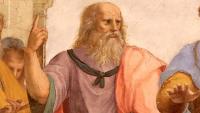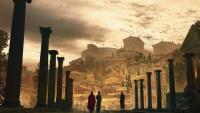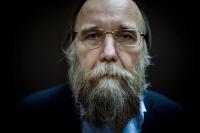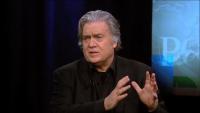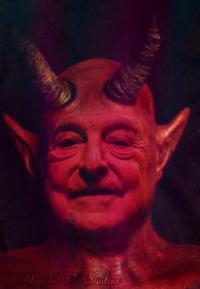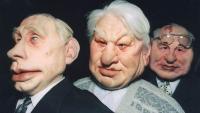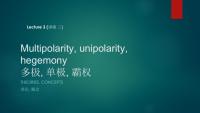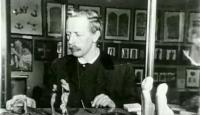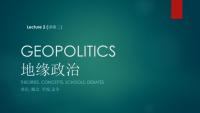TRADITIONALISM AS A THEORY: SOPHIA, PLATO AND THE EVENT
A number of various, altogether interesting conclusions can be extracted from Sedgwick’s analysis.[4] Here we will fixate on merely one point, that of the conceptual unity of 20th century Traditionalism (Guénon, Evola, etc.) and Renaissance Platonism (Plethon, Ficino, Steuco, etc.). Both of these philosophical currents can be generalized with the notion of “Perennialism.” If we can historically trace Guénon’s philosophical inspirations back to the Renaissance, which Guénon himself harshly criticized for misunderstanding the sacred civilization of the Middle Ages, and if we can find there the first formulations of Sophia Perennis or the Prisca theologia which compose the foundation of Traditionalist philosophy, then in it becomes completely obvious that these currents came to Western Europe in the Renaissance from the much deeper past and, to a certain extent, from a different cultural context (more specifically, the Byzantine-Greek). Of course, Platonism was well known in Medieval European Scholasticism, but it had long since yielded to Averroism and Aristotelianism enshrined virtually dogmatically in the realism of Thomas Aquinas. Hermeticism had existed in the form of alchemical currents and esoteric fraternities, but in the Renaissance these tendencies surfaced in rather vivid and magistral form, such as in the forms of open Neoplatonism and philosophically-formulated Hermeticism (with numerous direct or indirect polytheistic elements), which claimed to be not merely a secret tradition parallel to the dominant Scholasticism, but a foundational, universal worldview. Renaissance Platonism and Hermeticism directly opposed Catholic Tomism and formulated the agenda of Renaissance Humanism. This humanism was magical and sacred: man was understood to be the “perfect man”, the Platonic philosopher, the Angel-Initiator.

